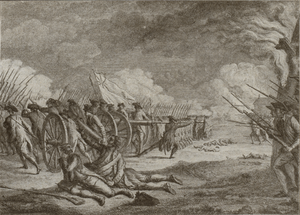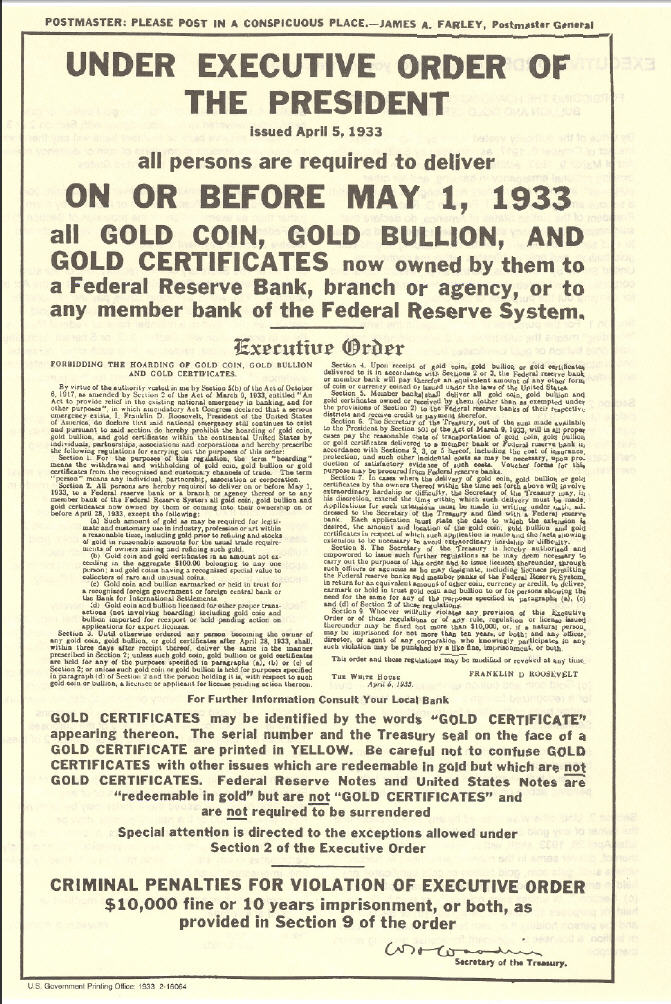In our current culture, we have two main views on happiness, which are diametrically opposed;
1. You must stay in the present moment, forgetting all about the past and the future, in order to enjoy true happiness. A representative article belonging to this school can be found here, in a review of a book by Alan Watts:
https://www.brainpickings.org/2014/01/06/alan-watts-wisdom-of-insecurity-1/
2. A meaningful life, one based on working in the present to secure future rewards, not necessarily for oneself, but for others or for abstract ideals such as knowledge, love or civilization, is more sustaining than the momentary happiness that comes from focusing on the present.
http://www.scientificamerican.com/article/a-happy-life-may-not-be-a-meaningful-life/
Both views are widely accepted, so much so that I see the same people posting memes sometimes in favor of the one view and sometimes in favor of the other, seemingly unaware that they contradict each other. And for those of them who really live in the present moment, with no concern for consistency, maybe it really does work that way!
As a believer in the "pursuit of happiness" rather than its immediate possession, I may seem to fall into the second school, that of Victor Frankl, the holocaust survivor, but I really don't buy into his embracing suffering for its own sake. For instance, if you believe in the future, why would you sacrifice your young pregnant wife to your elderly parents? Even without the holocaust, the parents eventually would have died. Living for the future means saving the young, so they can transmit your culture and your genes on into a possibly limitless future.
None of my grandparents stayed behind to take care of their parents. All of them made sure that their children survived, which is why I and my daughter even exist. This to me seems to be the productive way of living for the future.
But on the other hand, it is very difficult to simply give way to sensual pleasure -- eating, procreation, taking care of young -- without thinking what those things mean for the future. The emptiness of drug induced pleasure comes precisely from the fact that this natural signal that one is on the right path to a sustainable future has been hijacked out of its biological context. A drug high, unlike a natural high, is lulling one into a sense of happiness in the present moment without any positive implications for the future.
In nature, every sensual pleasure is a stimulus created to guide the living being onto a productive path.
http://www.pubwages.com/49/who-are-the-flowers-for
Often religious highs are made to mimic drug highs and to create in the mind an elation that is at variance with natural stimulus. So a person meditating or praying can cause the depression and pain of being in a hopeless situation in the present to dissipate and be replaced by a pleasure that comes not so much from anticipating a future reward, but from experiencing that reward in the present moment. That is the true danger of religion as an opiate for the masses -- not the promise of reward after death, but the granting of a reward
now that prevents people from taking positive action to change the present.
In
Our Lady of Kaifeng: Courtyard of the Happy Way the Camp Commandant wanted everyone in the camp to be happy, so that they could not only survive their internment but also thrive under his direction. In order to make this dream of his come true, he gave people flower seeds and encouraged them to put on plays and concerts, to sweeten their captivity.
Marah Fallowfield, on the other hand, did not want everyone to be lulled into a present happiness. She wanted them to fully experience their momentary suffering, so that they would rise up and rebel. She found happiness from being truly present to the evils of the moment, while plotting a brighter future.
Sometimes we are deluded when we plan for a future that never comes. Sometimes we are deluded by momentary pleasure that is ultimately meaningless. But actual happiness does not come from pretty flowers or pleasant odors or soft caresses. It comes from a past, present and future that are integrated together as a whole. Happiness does not require us to bypass death. Death is inevitable. Happiness means making sure that what we value outlives us, whether that is our children, our handiwork or our ideas.
http://www.pubwages.com/33/what-is-immortality-and-how-can-i-get-some













































